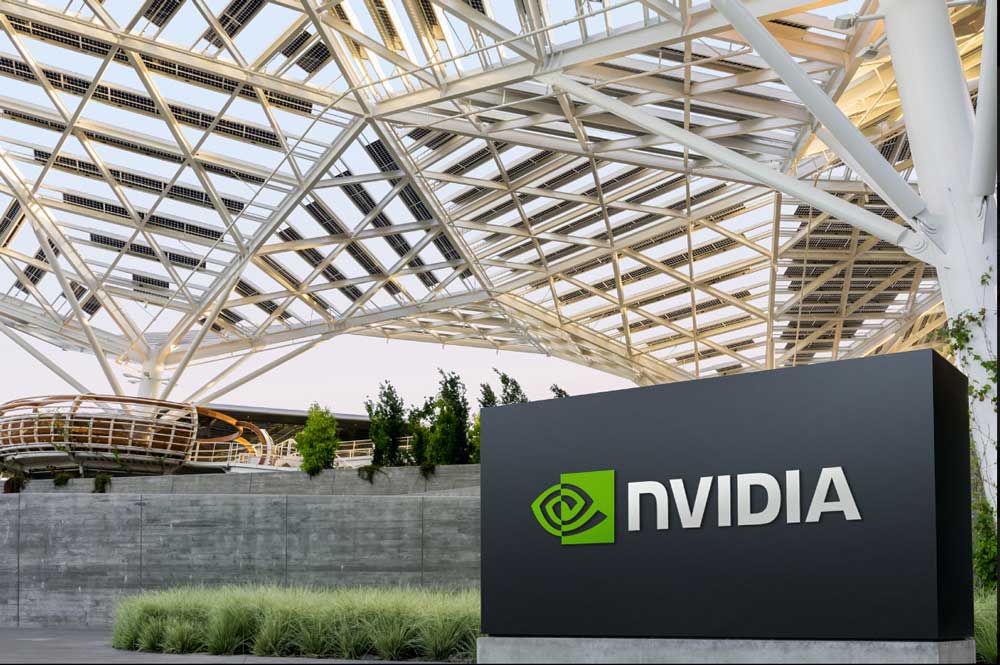Nvidia, a global leader in high-performance graphics processing units (GPUs) and AI chips, announced that it will record a $5.5 billion quarterly charge tied to its H20 processors exported to China and other restricted destinations. This decision underscores the growing challenges faced by U.S. technology firms under tightened export regulations and signals a potential turning point in the global semiconductor market.
The Financial Impact of Export Controls
The $5.5 billion charge reflects the financial strain Nvidia faces as a result of the updated U.S. export restrictions targeting advanced AI chips. These restrictions, enacted under the Biden administration in 2022 and further tightened in subsequent years, require U.S. companies to obtain export licenses for AI chips sold to China and other countries. The intent of these measures is to limit the use of cutting-edge technology in developing military-grade supercomputers.
Nvidia’s H20 chip, designed specifically to comply with these regulations, has still faced scrutiny. Despite its slightly reduced performance compared to the H100 and H200 AI chips sold in the U.S., the H20 generated an estimated $12 billion to $15 billion in revenue in 2024. The U.S. government’s decision to enforce indefinite licensing requirements for this processor signals a more aggressive stance on trade restrictions and raises questions about the future of U.S.-China technology exchange.
Nvidia Sees Immediate Market Reaction
Investors reacted swiftly to the announcement. Nvidia’s stock dropped more than 6% in extended trading following the disclosure, reflecting concerns about how these regulatory hurdles will impact the company’s future growth. Other technology companies, including Advanced Micro Devices (AMD) and Broadcom, also experienced declines in after-hours trading, with AMD shares falling over 7% and Broadcom shedding nearly 4%.
This market reaction highlights the ripple effects of U.S.-China trade restrictions on the broader semiconductor sector. Nvidia, which has historically relied on China as its fourth-largest market, is now navigating a complex landscape of geopolitical tensions and regulatory uncertainty.
China’s Role in Nvidia’s Business
China has long been a crucial region for Nvidia, accounting for a significant portion of its revenue. However, the company reported that its revenue from China has already dropped to half of pre-export control levels. Nvidia CEO Jensen Huang has emphasized the challenges posed by increasing competition in China, where companies like Huawei and DeepSeek are advancing their AI capabilities. Notably, DeepSeek, a Chinese firm, developed its competitive AI model R1 using Nvidia’s H20 chips.
Despite the restrictions, Huang has pointed out the importance of collaboration with Chinese researchers, many of whom contribute to U.S.-based AI labs. However, the tightening of export controls and the potential for further restrictions under the proposed “AI diffusion rules” could further limit Nvidia’s ability to engage with Chinese partners and expand in the region.
The Broader Implications for the AI Chip Industry
Nvidia’s struggles highlight a broader concern for the U.S. semiconductor industry. The company has argued that excessive restrictions on AI chip exports could stifle innovation and harm U.S. competitiveness in the global technology race. The AI chip market is projected to grow exponentially over the next decade, and U.S. firms like Nvidia are at the forefront of this revolution. However, as geopolitical tensions continue to shape trade policies, these firms face mounting challenges in maintaining their leadership positions.
In response to the 2022 export controls, Nvidia relocated some of its operations, including testing and distribution, out of China. This strategic shift reflects the growing pressure on U.S. companies to diversify their supply chains and reduce reliance on China. However, this transition comes with significant costs, as evidenced by Nvidia’s latest financial charge.









